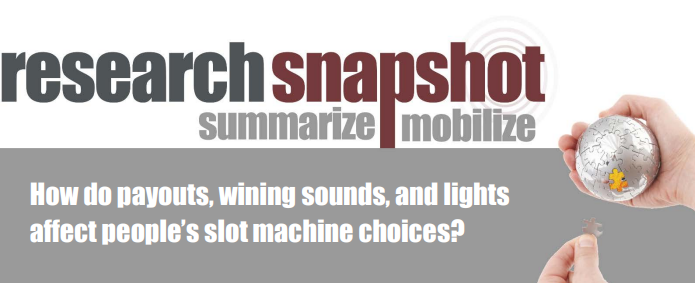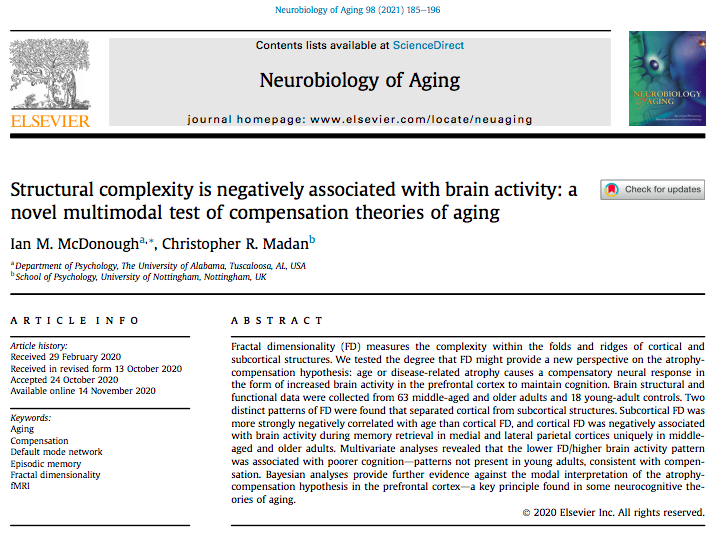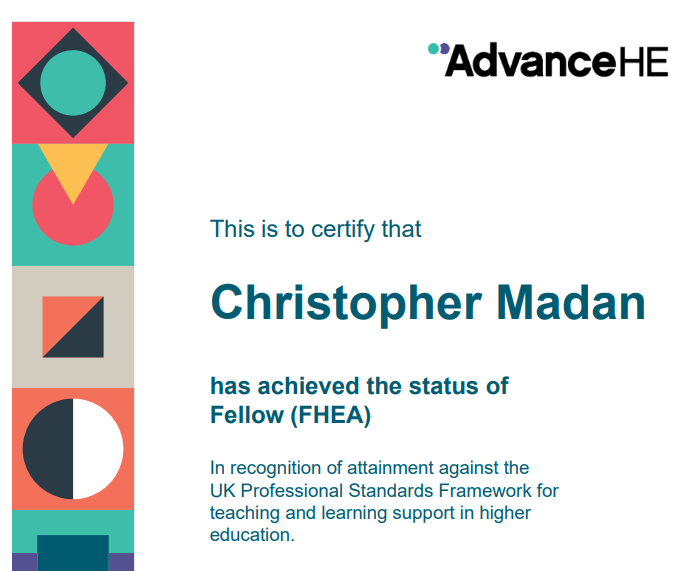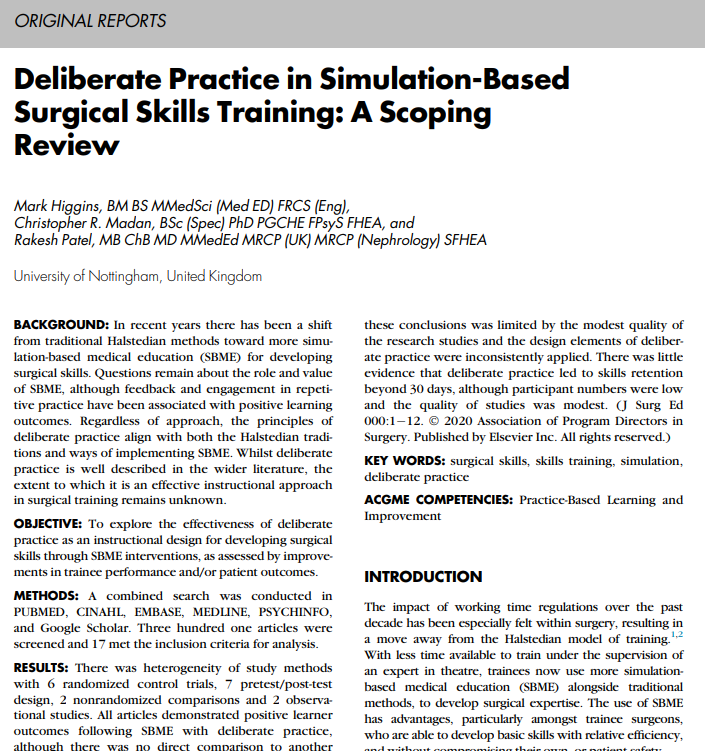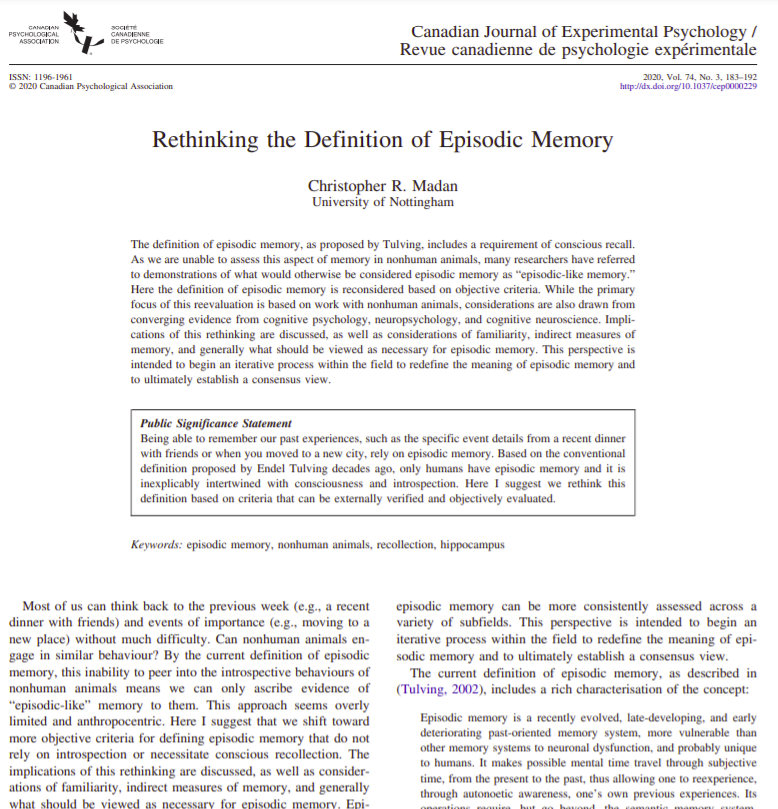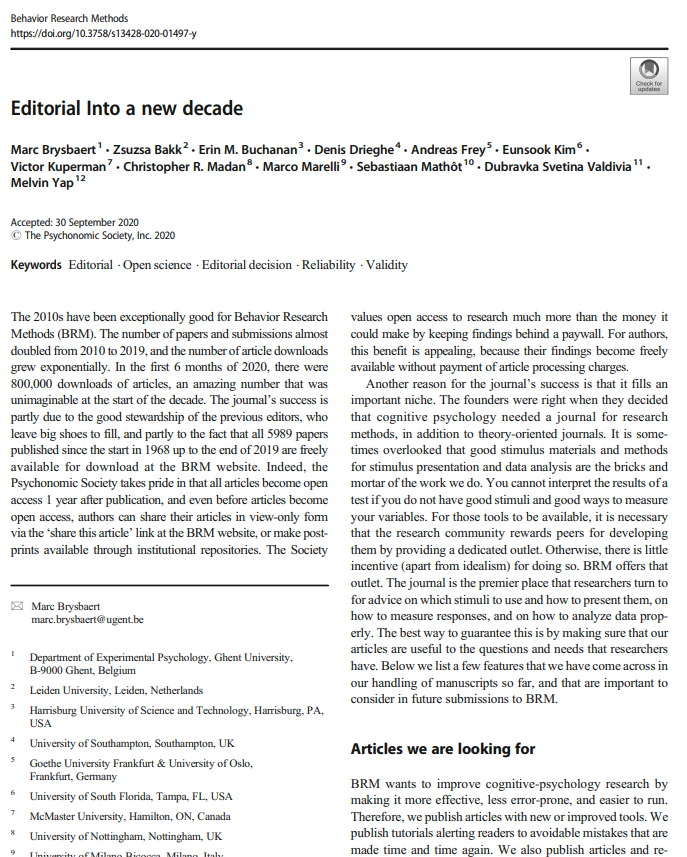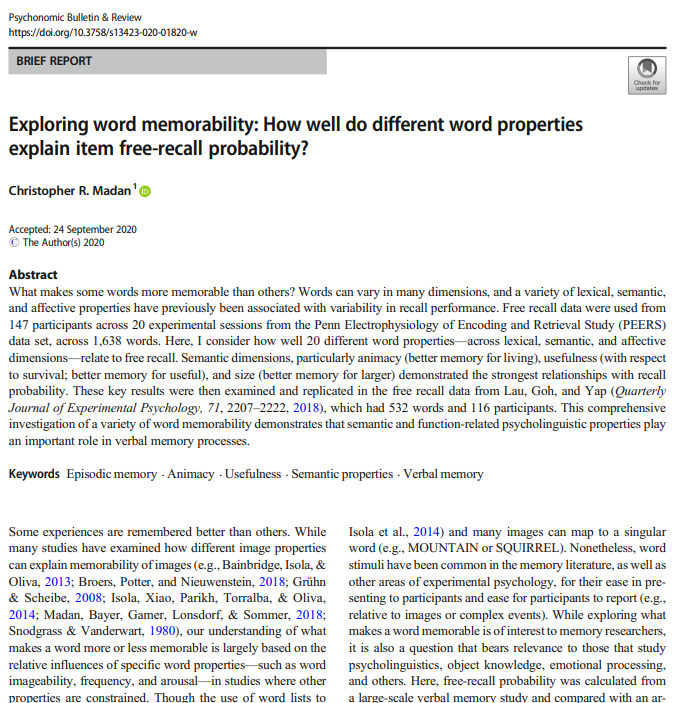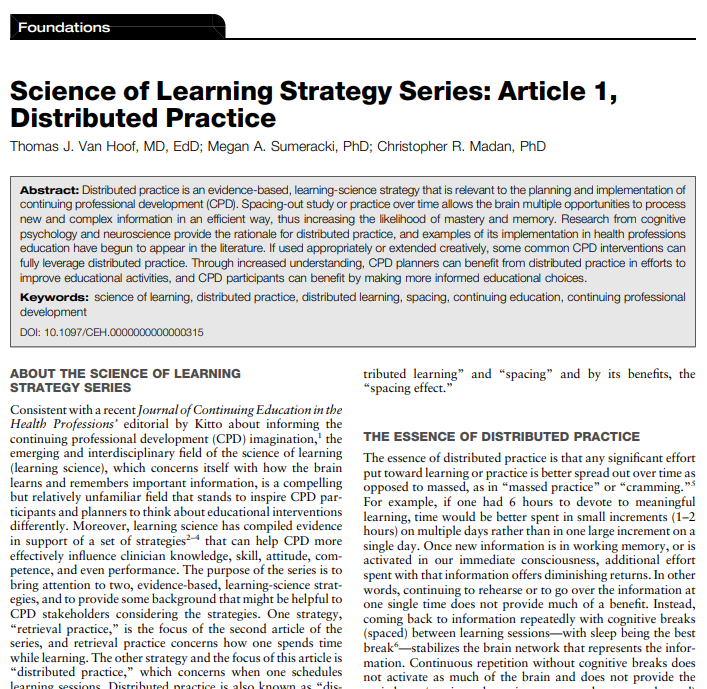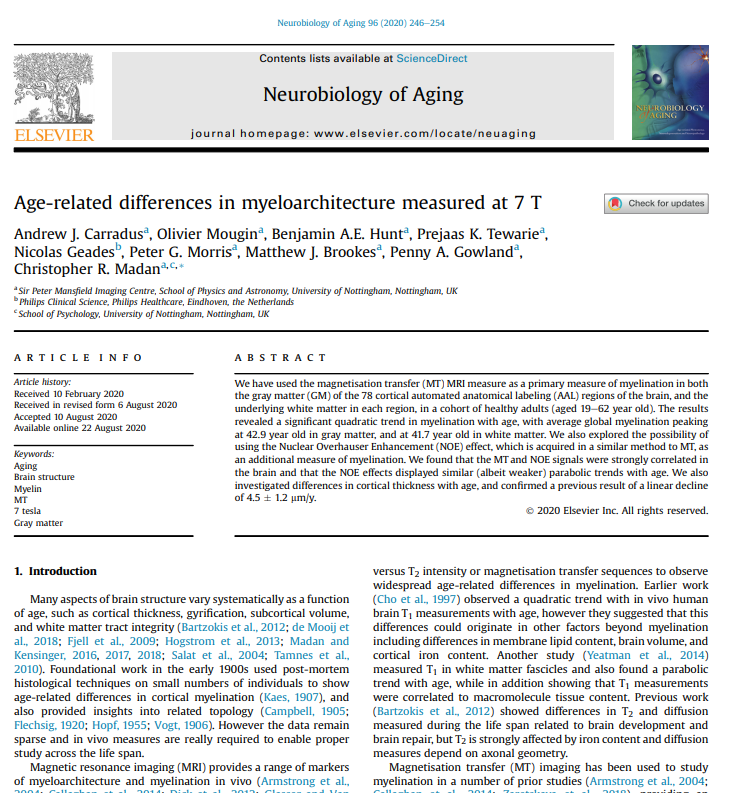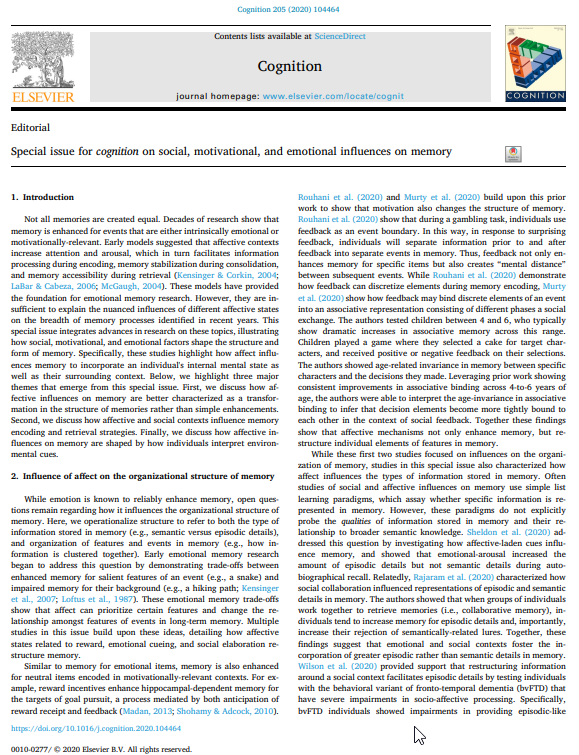Lab Updates
Research Snapshot
Gambling Research Exchange Ontario (GREO) wrote a summary on our recent Addiction paper, take a look!

Holidays
2020 is coming to a close and I hope you are all able to take a bit of a break.
Looking forward to a more joyous 2021.
Structural complexity is negatively associated with brain activity: A novel multimodal test of compensation theories of aging
“Fractal dimensionality (FD) measures the complexity within the folds and ridges of cortical and subcortical structures. We tested the degree that FD might provide a new perspective on the atrophy-compensation hypothesis: age or disease-related atrophy causes a compensatory neural response in the form of increased brain activity in the prefrontal cortex to maintain cognition. […] Multivariate analyses revealed that the lower FD/higher brain activity pattern was associated with poorer cognition—patterns not present in young adults, consistent with compensation.”
Dr. Madan completed PGCHE and FHEA
Dr. Madan has now officially completed his Post-Graduate Certificate in Higher Education and been certified as a Fellow of AdvanceHE (FHEA).
Deliberate Practice in Simulation-Based Surgical Skills Training: A Scoping Review
Medical education paper in collaboration with Rakesh Patel, and second paper for Mark Higgins!
“Deliberate practice informed SBME interventions appeared effective for developing surgical skills among trainee surgeons, however the reliability of these conclusions was limited by the modest quality of the research studies and the design elements of deliberate practice were inconsistently applied. There was little evidence that deliberate practice led to skills retention beyond 30 days, although participant numbers were low and the quality of studies was modest.”
Psychonomic Meeting
Several great presentations at the Psychonomic meeting!
Affective Bleed: The Transfer of Valence to Novel Episodes (Madan, Elizur, Tuen, Esposito, & Palombo)
Computational Accounts for Episodic Memory in Reinforcement Learning (Ksander, Madan, & Gutchess)
Semi-Automated Transcription and Scoring of Autobiographical Memory Narratives (Wardell, Esposito, Madan, & Palombo)
Exploring the Facets of Emotional Episodic Memory: Remembering ‘What,’ ‘Where,’ and ‘When’ (Checknita, Te, Madan, & Palombo)
[also additional posters at affiliated meetings]
Rethinking the definition of episodic memory
“The definition of episodic memory, as proposed by Tulving, includes a requirement of conscious recall. As we are unable to assess this aspect of memory in nonhuman animals, many researchers have referred to demonstrations of what would otherwise be considered episodic memory as ‘episodic-like memory.’ Here the definition of episodic memory is reconsidered based on objective criteria.”
Editorial: Into a new decade
New editorial from Behavior Research Methods, providing an overview of the journal and what articles we publish.
“The journal is the premier place that researchers turn to for advice on which stimuli to use and how to present them, on how to measure responses, and on how to analyze data properly. The best way to guarantee this is by making sure that our articles are useful to the questions and needs that researchers have.”
Exploring word memorability: How well do different word properties explain item free-recall probability?
“What makes some words more memorable than others? Words can vary in many dimensions, and a variety of lexical, semantic, and affective properties have previously been associated with variability in recall performance. […] Here, I consider how well 20 different word properties—across lexical, semantic, and affective dimensions—relate to free recall.”
Science of Learning Strategy Series: Article 1, Distributed Practice
First paper in a new articles series, with Tom Van Hoof and Megan Sumeracki!
“Distributed practice is an evidence-based, learning-science strategy that is relevant to the planning and implementation of continuing professional development (CPD). Spacing-out study or practice over time allows the brain multiple opportunities to process new and complex information in an efficient way, thus increasing the likelihood of mastery and memory.”
Age-related differences in myeloarchitecture measured at 7 T
First paper out with collaborators at the SPMIC!
“We have used the magnetisation transfer (MT) MRI measure as a primary measure of myelination in both the gray matter (GM) regions of the brain, and the underlying white matter in each region, in a cohort of healthy adults (aged 19–62 year old). We also explored the possibility of using the Nuclear Overhauser Enhancement (NOE) effect, which is acquired in a similar method to MT, as an additional measure of myelination.”
Special issue for Cognition on social, motivational, and emotional influences on memory
Our special issue in Cognition is now complete!
“[…] we highlight three major themes that emerge from this special issue. First, we discuss how affective influences on memory are better characterized as a transformation in the structure of memories rather than simple enhancements. Second, we discuss how affective and social contexts influence memory encoding and retrieval strategies. Finally, we discuss how affective influences on memory are shaped by how individuals interpret environmental cues.”
